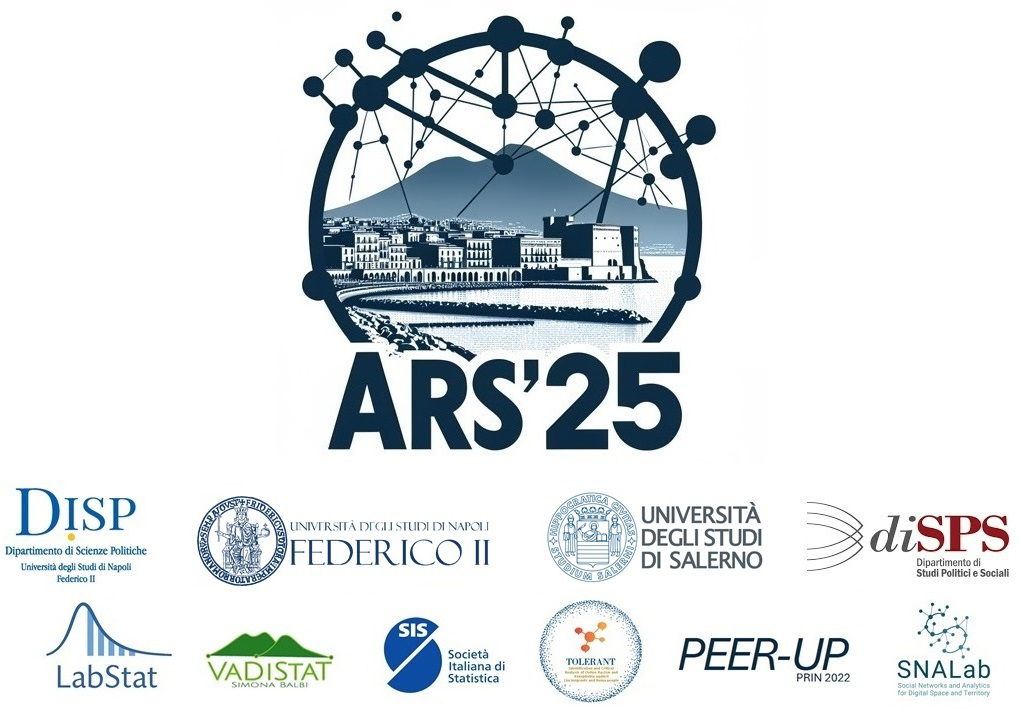Speaker
Description
Previous research across multiple disciplines has documented the positive nexus between good peer relationships in the classroom and learning. Robust social networks create inclusive learning environments, enhance academic performance of more fragile students, build children’s confidence, and foster resilience in young learners. In this study, we examine how structural position in classroom’ networks influence mathematics performance among 3rd grade primary students. We hyphotize that “peer” interactions facilitate mutual support, thereby affecting academic outcomes. Moreover, we consider the relevance of student “pairing” based on different aspects of homophily/heterophily patterns.
Data were collected as part of the MATES project (https://www.progetto-mates.it/), funded by the Italian Ministry of University in 2022. A total of 3,316 students from 180 classes across 78 schools in Milano and Napoli participated in our study. At the beginning of the school year 2024/2025, students completed a questionnaire that gathered personal background information (e.g., gender, preschool attendance, family background), attitudes toward mathematics (using a psychological scale), cultural habits (e.g., sports, playing musical instruments, television viewing), and responses to ego-alter questions used to define the classroom’s overall social network.
Using standardized mathematics test scores as our outcome measure, and collected from national INVALSI procedure, we assess the influence of students’ positions within the classroom network while controlling for several individual factors. Our findings show both expected and unexpected correlations, offering insights about the not linear influence of pupils' networks on their educational outcomes.
Keywords/Topics
Peers, Summer Learning Loss

